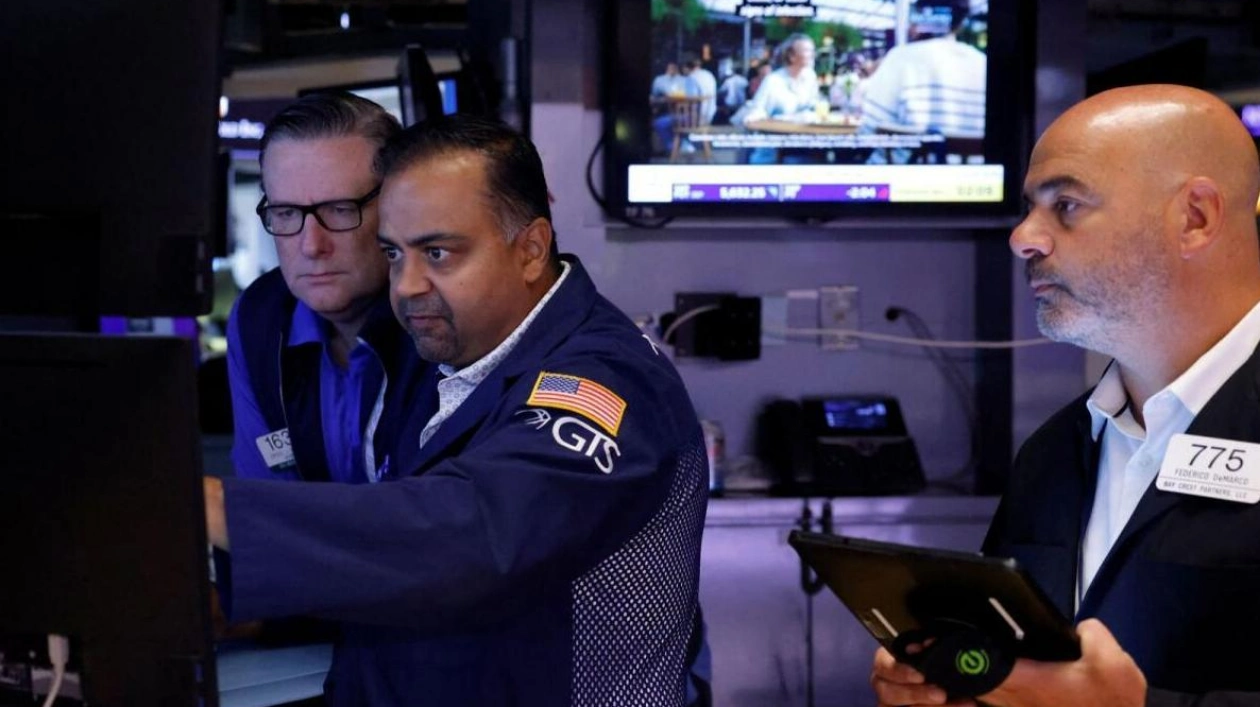A broadening rally in US stocks is providing a positive signal to investors concerned about the concentration in technology shares, as markets anticipate key jobs data and the Federal Reserve's expected rate cuts in September. With the market's performance fluctuating with major tech stocks like Nvidia and Apple, investors are also investing in less popular value stocks and small caps, which are anticipated to benefit from lower interest rates. The Fed is expected to initiate a rate-cutting cycle at its monetary policy meeting on September 17 and 18.
Many investors consider the broadening trend, which gained momentum last month before weakening during an early August sell-off, as a positive development in a market rally dominated by a few large tech companies. Chipmaker Nvidia, which has benefited from bets on artificial intelligence, alone has contributed to roughly a quarter of the S&P 500's year-to-date gain of 18.4 percent. "No matter how you analyze it, you've seen a significant broadening out, and I believe it has potential," said Liz Ann Sonders, chief investment officer at Charles Schwab.
Value stocks, which are companies trading at a discount based on metrics like book value or price-to-earnings, include sectors such as financials and industrials. Some investors think that rallies in these sectors and small caps could extend further if the Fed reduces borrowing costs while the economy remains healthy. The market's rotation has recently intensified, with 61 percent of stocks in the S&P 500 outperforming the index in the past month, compared to 14 percent over the past year, according to Charles Schwab data.
Meanwhile, the so-called Magnificent Seven group of tech giants—which includes Nvidia, Tesla, and Microsoft—have underperformed the other 493 stocks in the S&P 500 by 14 percentage points since the release of a weaker-than-expected US inflation report on July 11, according to an analysis by BofA Global Research. Stocks have also remained resilient after an Nvidia forecast failed to meet high investor expectations earlier this week, indicating that investors might be looking beyond tech. The equal weight S&P 500 index, representing the average stock, reached a new record this week and is up around 10.5 percent year-to-date, reducing its performance gap with the S&P 500.
"When market breadth is improving, the indication is that an increasing number of stocks are rallying based on expectations that economic conditions will support earnings growth and profitability," analysts at Ned David Research wrote. Value stocks that have performed well this year include General Electric and midstream energy company Targa Resources, which are up 70 percent and 68 percent, respectively. The small-cap focused Russell 2000 index, meanwhile, is up 8.5 percent from its lows of the month, though it has not surpassed its July peak.
Next Friday's non-farm payrolls report could strengthen the case for a broader market rally if it shows the labor market is cooling at a steady, though not alarming pace, said David Lefkowitz, head of US Equities for UBS Global Wealth Management. The jobs report "tends to be one of the more market-moving releases in general, and right now it's going to get even more attention than usual." Investors are unlikely to abandon tech stocks, especially if volatility provides an opportunity to buy at lower prices, said Jason Alonzo, a portfolio manager with Harbor Capital.
Technology stocks are expected to achieve above-market earnings growth over every quarter through 2025, with third-quarter earnings projected at 15.3 percent compared to a 7.5 percent gain for the S&P 500 as a whole, according to LSEG data. "People will sometimes pause after a strong performance and consider other opportunities, but technology remains the clearest growth driver, particularly the AI theme which is innocent until proven guilty," Alonzo said.






